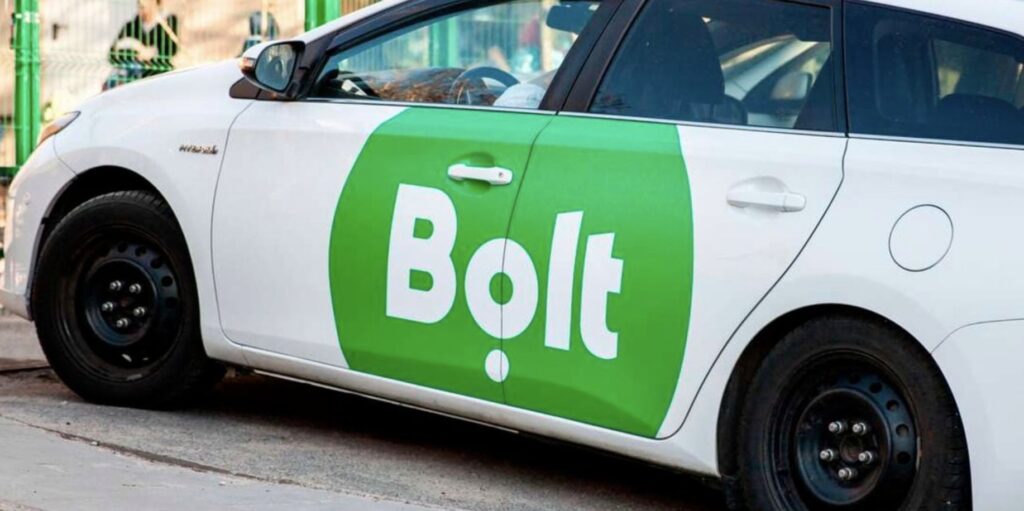
What It Means for Earnings and the Future of Ride-Hailing
Kenya’s ride-hailing industry is undergoing a seismic shift following Bolt Kenya announcement to transfer Value-Added Tax (VAT) obligations directly to its drivers. This decision, influenced by recent regulatory directives, has ignited a robust conversation about the financial and operational challenges faced by drivers in an already competitive market.
Understanding the Shift: Bolt and VAT in Kenya
The Kenyan government has intensified its efforts to streamline tax collection within the digital economy. The introduction of VAT regulations targeting electronic and digital marketplace services is part of this broader strategy. Initially, Bolt Kenya absorbed VAT obligations for its drivers to facilitate a smooth transition into compliance.
However, effective March 2025, Bolt has announced that drivers will now be responsible for remitting VAT, which stands at 16%. According to Bolt, this change aligns with Kenya Revenue Authority (KRA) guidelines. The company argues that shifting VAT responsibility ensures compliance with the law while maintaining operational transparency.
The Impact on Drivers’ Earnings
Drivers, who already operate on slim margins, are grappling with the financial implications of this decision. To understand the magnitude of this change, let’s examine a typical earnings breakdown:
- Gross Earnings: Assume a trip generates Ksh 1,000.
- Bolt’s Commission: Bolt deducts 20% (Ksh 200).
- VAT: Drivers are required to remit 16% VAT on gross earnings (Ksh 160).
- Income Tax: Drivers are also responsible for monthly income tax based on remaining earnings.
After factoring in these deductions, drivers are left with significantly reduced net income. Many have voiced concerns that this new financial burden makes ride-hailing unsustainable as a primary source of income.
Drivers’ Perspective: Concerns and Challenges
The policy shift has sparked widespread concern among drivers. Many argue that the decision disproportionately impacts their livelihood without considering the challenging economic conditions they face.
Key issues include:
- Increased Financial Pressure: Many drivers lack the capacity to absorb additional costs, especially amid rising fuel prices and maintenance expenses.
- Complex Compliance Requirements: Navigating the tax system, including VAT and income tax filings, poses a challenge for drivers with limited financial literacy.
- Reduced Morale: The compounded financial pressure could lead to reduced driver motivation, potentially affecting service quality.
Regulatory Landscape and Government Involvement
The Kenya Revenue Authority and the National Transport and Safety Authority (NTSA) have played key roles in shaping the regulatory environment for digital platforms like Bolt. These agencies emphasize compliance with national tax laws as a means to boost revenue collection.
While these regulations aim to create a fair taxation environment, they also highlight the need for balanced policies that account for the operational realities of drivers.
Regional Comparisons: Lessons from Neighboring Markets
Kenya is not alone in its efforts to regulate the digital economy. Neighboring countries offer valuable lessons:
- Tanzania: A move to cap ride-hailing commissions at 15% saw several companies exit the market, leaving drivers and passengers in a precarious position.
- South Africa: Policymakers have collaborated with ride-hailing platforms to establish a more balanced taxation approach, mitigating adverse effects on drivers.
These examples underline the importance of stakeholder collaboration in developing sustainable regulatory frameworks.
Proposed Solutions: Navigating the Challenges
Addressing the challenges posed by this VAT policy shift requires a multi-faceted approach. Here are some potential solutions:
- Stakeholder Collaboration: Establishing open forums for dialogue between drivers, ride-hailing companies, and regulators to ensure balanced policies.
- Financial Literacy Programs: Educating drivers on tax compliance and financial management to empower them to adapt to the new requirements.
- Incentives for Compliance: Offering tax incentives or subsidies to help drivers transition smoothly into the new tax landscape.
- Review of Commission Rates: Bolt and other platforms could consider revising commission structures to mitigate the financial burden on drivers.
The Broader Implications for Kenya’s Digital Economy
The ride-hailing sector in Kenya has been a pivotal driver of digital transformation and job creation. However, policies like the VAT shift risk undermining this progress if not implemented thoughtfully.
A sustainable approach that balances regulatory compliance with economic realities is essential to preserve the benefits of digital platforms while ensuring fairness and equity for all stakeholders.
Read: Bolt Surpasses 500 Electric Motorbikes in Kenya
Bolt Kenya’s decision to shift VAT obligations to drivers marks a critical moment for the ride-hailing industry. While compliance with tax regulations is necessary, the financial strain on drivers underscores the need for a more inclusive and collaborative policy-making process.
By fostering dialogue, offering support, and addressing the challenges faced by drivers, Kenya can create a more sustainable and equitable digital economy.





